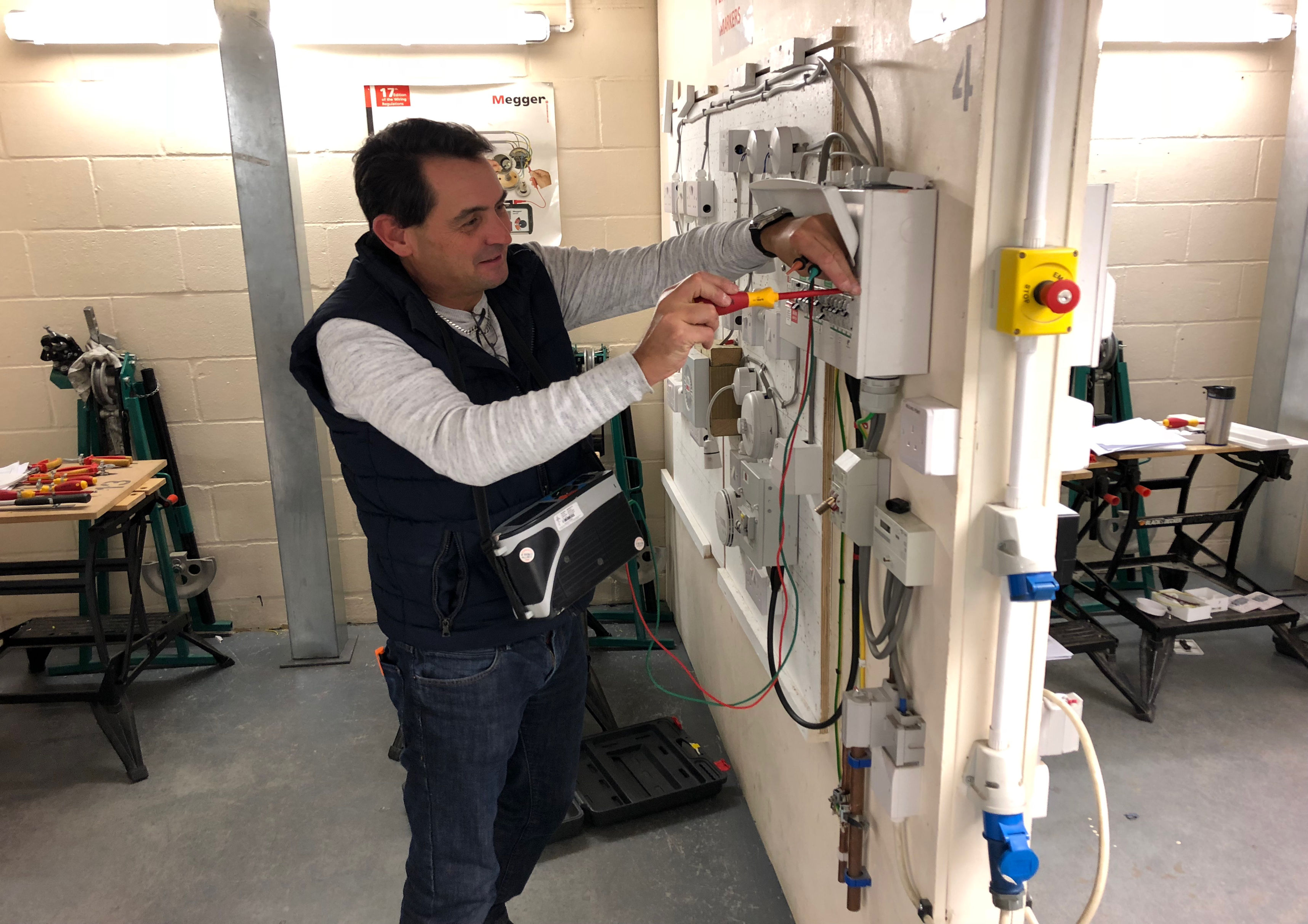Electrical Safety For Your Own Good!

As more and more electrical devices take over our world, awareness of electrical safety naturally increases. This is a topic that isn't spoke about enough and although those training on Electrical Courses may know, there is still alot of vital information the average person isn't clued up on. Today we'll give you some interesting figures as well as some simply checks you can carry out yourself should you ever be worried about the electrical safety of your home.
Did you know?
Electrical incidents can have a bigger impact on the elderly and the vulnerable. Bedfordshire Council even found that one million people over 75 in the UK live in homes that simply aren't warm enough, need alot of work doing to or do not have modern facilities.
Keeping up to date is massively important, particularly when discussing electrical safety as the industry is continuously changing due to an increasing amount of electric devices that are created. Whether it be tools or appliances, we as a species are making sure we stay safe to the best of our capabilities. Simple things like having a modern fusebox, circuit breakers and PVC wiring can make all the difference.
A few simple checks
We thought we would help you out with a few checks you can carry put yourself or even for some you know that might struggle when it comes to electrical safety. So here they are....
Check the fusebox
Just to let you know, your fusebox shouldn't have a wooden back or cast iron switches. Your fusebox is the hub for your electrics as it controls the power to light up your home. They should all have a main switch and/ or circuit breakers. Should your circuit-breakers actually trip, then you may have to call a qualified and registered electrician to come and take a look.
Check for RCD's
RCD stands for Residual Current Device and has the capability to cut the power should an accident occur. In order to check this, press the 'test' or 't' button if you have one, which will turn the power off to your home. If you don't have an RCD however, it may be worth getting plug-in RCD's for all the sockets in your home.
Plugs and sockets
Talking of sockets, if your electrics are over 50 years old they'll need checking and updating. Naturally, over time plugs and sockets can undergo wear and tear and potentially damaged which will need seeing to. Well what do I need to look out for?... Round pin sockets, braided flex hanging from ceiling light fittings, sockets mounted in skirting boards, damaged plugs and sockets, visible burn marks, crackling sounds or excessive heat being emitted.
Cables
Everyone knows these should be in good nick with no splits...even on our phone chargers! Now how many of us are guilty of that? Yes, it really is dangerous and CAN lead to electrical fires! For those that may be vulnerable, cables in bunches may be a common problem leading to over heating and God knows what else. If you notice cables in poor condition, please don't ignore it!
These are just a few hazards you can easily rectify if you notice them. Please don't ignore them as they could cause alot of danger for those affected. But don't forget, not everyone is a qualified and registered electrician and we don't expect you to be able to do everything. If you ever find yourself unsure of what to do, contact a relevant tradesmen immediately. It's better to be safe than sorry. If you don find yourself seeking an electrician, it may be worth asking which Electrical Courses and the exact Electrician Training they've undergone!